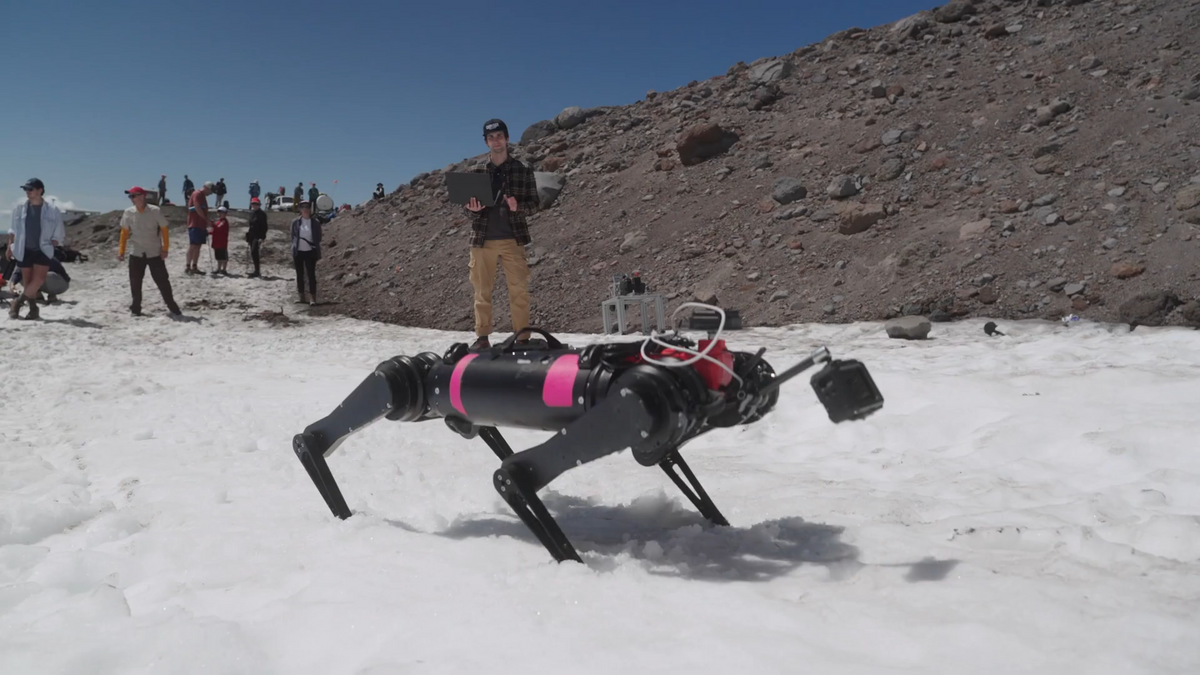THE INSTITUTEMany researchers and academics are engrossed in both research and service work. The former requires analyzing problems, as well as seeking answers and solutions. The latter involves spending time organizing conferences, editing publications, reviewing papers, serving on committees, and other tasks.
Most service work is handled by unpaid volunteers. Although volunteering provides great networking opportunities and the ability to evaluate the work of others in the field, it does take up a considerable amount of time and effort. Universities often evaluate professors’ performance based on their research and teaching contributions, along with service work, which divides their time and attention.
Research entails long periods of hard work and focus. If researchers are too involved in volunteering projects, they’ll be too distracted with the work of others instead of their own. Professional societies do need volunteers for their conferences and publications, but researchers and academics must strive to achieve an appropriate balance so their own work is not undermined.
Although volunteering undoubtedly improves one’s visibility, it certainly cannot compensate for quality of research and its impact in the field.
Some universities have advised junior faculty to focus less on volunteering and more on conducting research and teaching so that their tenure will not be negatively impacted. There are professors who choose not to do service work at all in order to avoid conflicts with the priorities of their job and with their peers. Technical paper submissions today are largely reviewed by volunteers, who are peers, and there could be bias when it comes to acceptance or rejection of papers.
I have observed that some of the top researchers and scientists were never presidents of societies or served as editors in chief of journals or publications. Researchers at some of the greatest universities in the world—Cambridge, Harvard, MIT, Princeton, and Stanford—are known primarily for their contributions and impact on research, with a large number of them being Nobel Prize and Turing Award recipients.
Therefore, researchers and academics need not strive to attain top volunteer positions to gain recognition. Rather, it is their own research and intellectual creations that will make them known in their community and worldwide.
IEEE Fellow Chai K. Toh is an honor chair professor of electrical engineering and computer science at National Tsing Hua University, in Hsinchu, Taiwan.
IEEE Fellow Chai K. Toh is an honor chair professor of electrical engineering and computer science at National Tsing Hua University, in Hsinchu, Taiwan.


